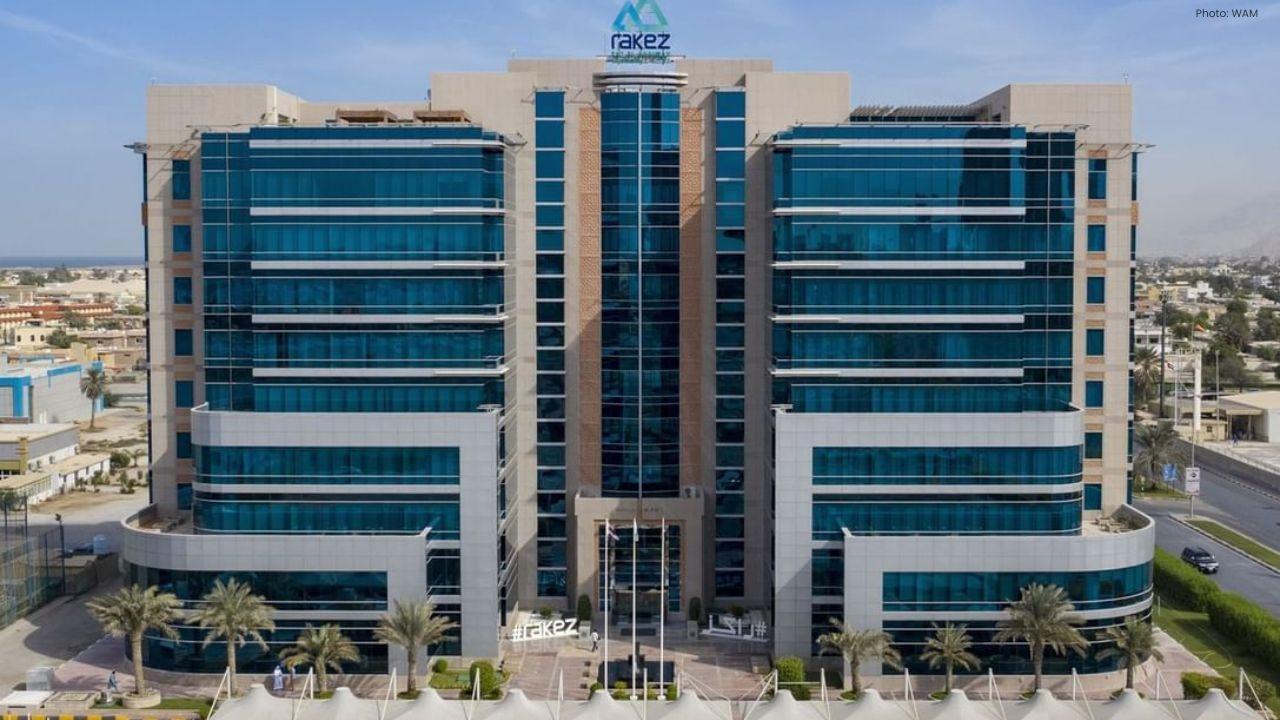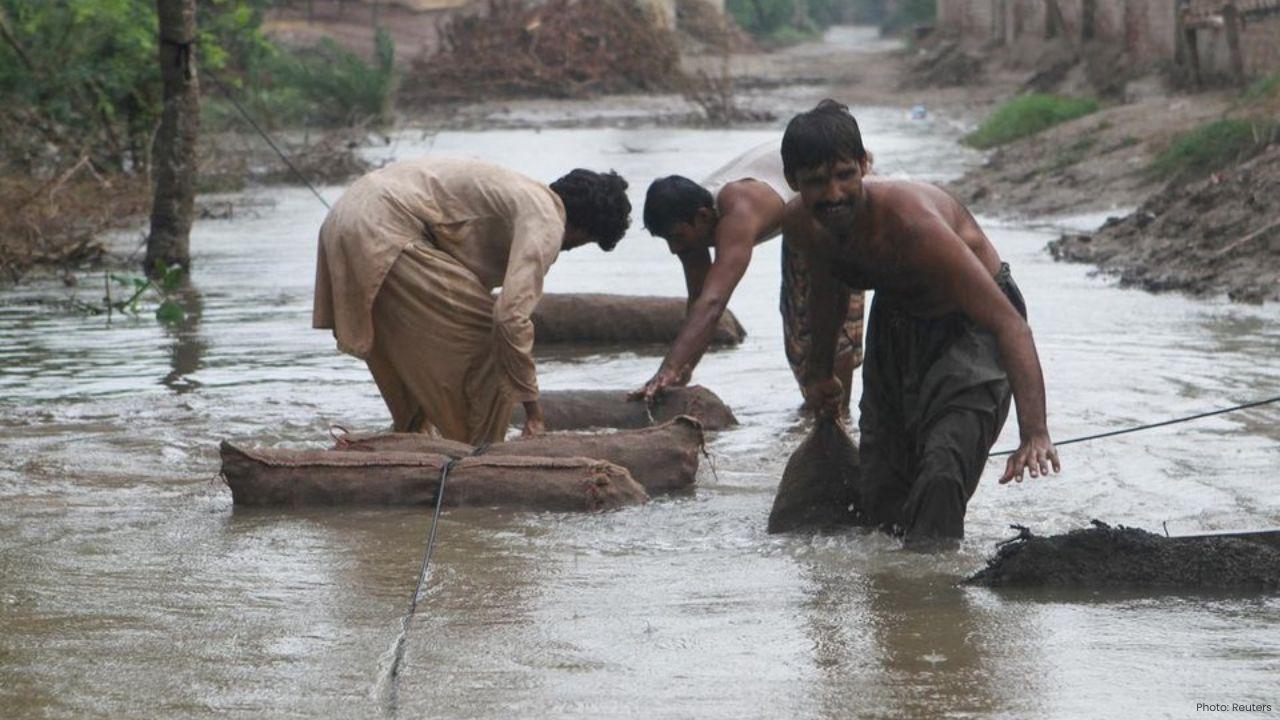
Post by : Vansh Kumar
In today’s rapidly changing world, the health of our planet has never been more critical. Climate change, environmental degradation, and resource depletion are challenges that demand immediate attention. As societies worldwide grapple with these issues, the quest for sustainable solutions has emerged as a beacon of hope. By embracing innovation, policy reform, and community-driven initiatives, humanity can chart a path toward a cleaner, healthier, and more resilient future. Green Horizons symbolizes this commitment to creating lasting positive change for generations to come.
Environmental crises are no longer distant threats—they are realities affecting millions worldwide. Rising global temperatures, melting glaciers, and severe weather events illustrate the urgent need for action. Scientists warn that without meaningful intervention, ecosystems could collapse, biodiversity could plummet, and human livelihoods may be at risk. Addressing these challenges requires not only awareness but also actionable strategies that emphasize sustainable solutions. From renewable energy to waste reduction, every choice counts in shaping a better tomorrow.
One of the most promising avenues for sustainable development lies in renewable energy. Solar, wind, hydro, and geothermal power offer alternatives to fossil fuels, reducing carbon emissions and dependence on finite resources. Countries around the world are investing in large-scale renewable projects, and technological advancements have made these solutions more efficient and cost-effective than ever. Transitioning to clean energy sources is a cornerstone of achieving sustainable solutions that balance economic growth with environmental stewardship.
Waste management remains a major challenge in urban and rural areas alike. Landfills, pollution, and inefficient recycling systems contribute to environmental degradation and public health concerns. However, innovative approaches are transforming waste into opportunities. Techniques such as composting, upcycling, and circular economy models allow materials to be reused, reducing environmental impact. Programs that convert waste into energy or raw materials highlight the potential for creative solutions that benefit both communities and ecosystems.
Agriculture is both a victim of and contributor to environmental challenges. Traditional farming methods often lead to soil degradation, water depletion, and excessive pesticide use. Sustainable agriculture, on the other hand, emphasizes techniques that preserve natural resources while increasing productivity. Practices like crop rotation, organic farming, precision irrigation, and agroforestry demonstrate how sustainable solutions can provide food security without compromising environmental integrity. Green innovations in agriculture ensure that future generations inherit fertile, productive land.
Environmental change cannot occur without public involvement. Communities play a pivotal role in fostering sustainable practices at local and global levels. Education campaigns, grassroots initiatives, and volunteer programs empower individuals to make conscious decisions about energy use, water conservation, and waste reduction. When people understand the impact of their actions, they are more likely to embrace innovative solutions that align with broader environmental goals. Engaged citizens are essential partners in building a sustainable future.
Government policies and international agreements significantly shape the trajectory of environmental conservation. Regulations that limit emissions, incentivize renewable energy, and protect natural habitats can accelerate the adoption of sustainable solutions. Global collaboration, as seen in accords like the Paris Climate Agreement, underscores the importance of collective responsibility. Effective governance ensures that environmental strategies are not only implemented but also monitored and adapted to meet evolving challenges.
Technology is a powerful tool in the quest for sustainability. Smart grids, energy-efficient appliances, and innovative transportation solutions reduce environmental footprints while enhancing quality of life. Advances in artificial intelligence and data analytics allow for better monitoring of environmental trends, enabling proactive interventions. By leveraging technology, societies can implement innovative solutions that optimize resource use, minimize waste, and reduce environmental degradation.
Businesses have a crucial role to play in shaping a sustainable future. Companies that prioritize eco-friendly practices, ethical sourcing, and carbon neutrality not only contribute to environmental protection but also gain consumer trust and competitive advantage. Green innovation—ranging from biodegradable packaging to sustainable supply chains—demonstrates that profitability and environmental stewardship can go hand in hand. Corporate commitment amplifies the impact of sustainable solutions on a global scale.
While policy, technology, and corporate initiatives are vital, individual choices also make a significant difference. Simple actions like reducing single-use plastics, conserving water, using public transport, and supporting sustainable brands collectively contribute to environmental preservation. Personal responsibility fosters a culture of sustainability, creating ripple effects that extend far beyond individual households. Every mindful decision helps pave the way toward a better tomorrow.
As we look ahead, the potential for positive environmental transformation is immense. By integrating renewable energy, sustainable agriculture, waste management innovations, and technology-driven solutions, societies can reduce their ecological footprint and restore balance to natural ecosystems. Collaboration among governments, businesses, communities, and individuals is essential to ensure that Green Horizons is not just a vision but a lived reality.
Ultimately, the path to a sustainable future is paved with knowledge, action, and creativity. By embracing innovative solutions and committing to environmental stewardship, humanity can safeguard the planet for generations to come. Each step we take today shapes the world of tomorrow, and through conscious effort, we can turn challenges into opportunities, ensuring a thriving, resilient, and sustainable future for all.
The information provided in this article is for general informational purposes only. GCC news network makes no representations or warranties of any kind, express or implied, about the completeness, accuracy, reliability, or suitability of the content. Readers are advised to seek professional guidance where necessary and exercise their own judgment when applying the information provided.
#trending #latest #GreenHorizons #SustainableSolutions #InnovativeSolutions #BetterTomorrow #EcoFriendlyLiving #ClimateAction #RenewableEnergy #SustainabilityMatters #EnvironmentalAwareness #GoGreen #GCCNews #GCCUpdates #GCCTech #GCCInnovation #ArabWorldNews #GCCTrends #DigitalGCC #GCCBusiness #GCCFuture #GCCTechnology #GCCInsights










Three Injured After Ceiling Collapse At Liat Towers Singapore
Three people were injured after a ceiling collapsed at Liat Towers, Singapore. Eyewitnesses helped v

US Authorities Arrest Suspect In Charlie Kirk Shooting Case
US President Trump confirms suspect in Charlie Kirk shooting has been arrested after a minister turn

EU Regulators Approve Microsoft Teams Changes To End Antitrust Case
Microsoft Teams update, EU antitrust decision, Office software changes, competition rules compliance

Pakistan Prepares To Face Oman In Asia Cup Before India Clash
Pakistan prepares for Asia Cup opener against Oman, aiming for a strong start and building confidenc

Rescue Boat Capsizes in Pakistan Floods, 9 Dead in Multan
A rescue boat capsized during flood relief in Multan, Pakistan, killing nine. Floods affect millions

Bangladesh Beat Hong Kong In Asia Cup Opener With Litton’s 59
Bangladesh began their Asia Cup with a win against Hong Kong. Litton Das scored 59 and Hridoy added